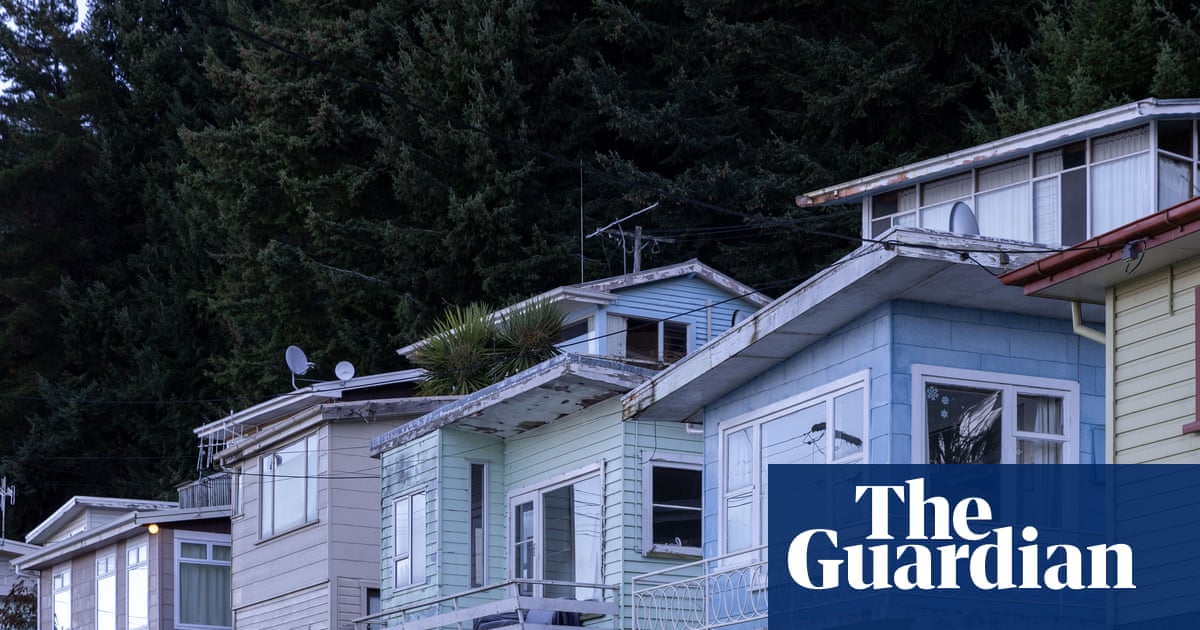
"Three years ago, New Zealanders would have it found it almost impossible to imagine the country's sky-high house prices falling. The market was deemed one of the least affordable in the world, with house prices nearly nine times the average income and supply dismally low. Desperate first home buyers were being squeezed out of the market by cashed-up investors. Some of those in low paid or no work were thrust into homelessness and waitlists for social housing ballooned."
"But now, those prices are trending downwards. According to government-owned property valuer QV, national averages have fallen 13% since 2021, while Auckland has dropped nearly 20% and Wellington 30% - prompting questions about whether New Zealand has finally managed to turn around its housing crisis, and what it could mean for other overheated markets around the world. In the decades leading up to the pandemic, home ownership became an increasingly distant hope for many New Zealanders."
"Covid kicked things into a whole other gear, says Brad Olsen, an economist and the chief executive at Infometrics. To try and stimulate the economy, we dropped interest rates to absolute record lows, and that worked incredibly well so well that it saw house prices at one point up 20-30% on where they were a year before at a national level. When house prices rise, investors become very active, says Andrea Rush, the national spokesperson for valuer QV. Everyone gets on the bandwagon."
Three years ago New Zealand experienced one of the least affordable housing markets globally, with house prices nearly nine times average incomes and supply severely limited. By mid-2021 the national average exceeded NZ$1m, pushing many first home buyers out, increasing homelessness and expanding social housing waitlists. Since 2021 prices have trended down, with national averages falling 13%, Auckland nearly 20% and Wellington 30%. Contributing factors included restrictive urban planning, sale of public housing, rapid population growth, tax and lending systems favoring investors, and pandemic-era record low interest rates that further inflated prices.
Read at www.theguardian.com
Unable to calculate read time
Collection
[
|
...
]